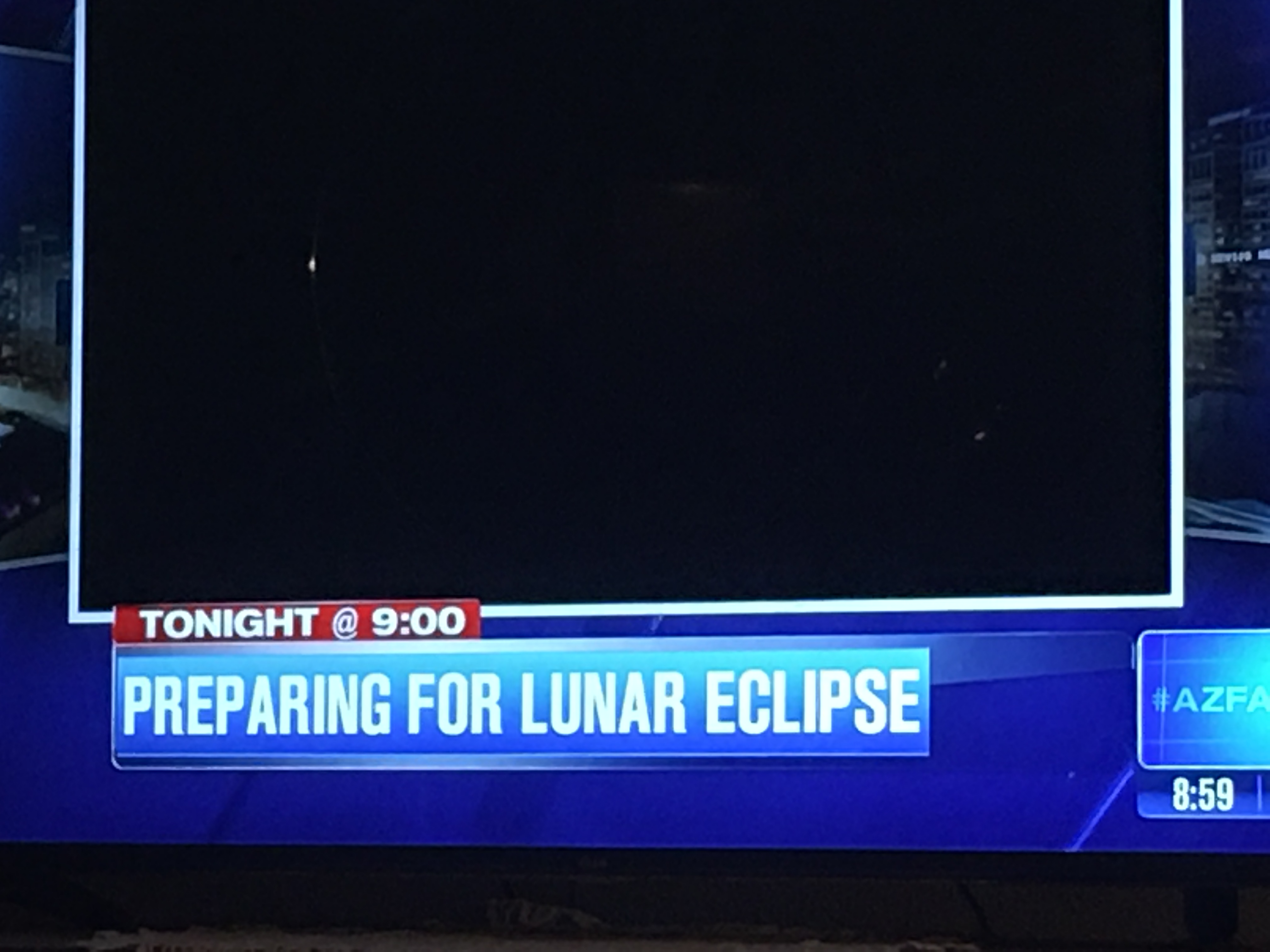In a timely finding on my local news station, this was one of their headline stories. Unfortunately, a lunar eclipse is when the earth sits between the sun and the moon while a solar eclipse is when the moon sits between the Earth and the sun. Today’s event (which the station has talked about all week) is a SOLAR eclipse.



 Follow
Follow
 It’s time for “Confusing Words of the Week” where I take a set of two or three words that get confused and give you definitions and try to give you a memory trick to help you remember when to use which word. If you have words that confuse you, use Ask PTB or send an email to proofthatblog@gmail.com and they may appear here soon!
It’s time for “Confusing Words of the Week” where I take a set of two or three words that get confused and give you definitions and try to give you a memory trick to help you remember when to use which word. If you have words that confuse you, use Ask PTB or send an email to proofthatblog@gmail.com and they may appear here soon!



